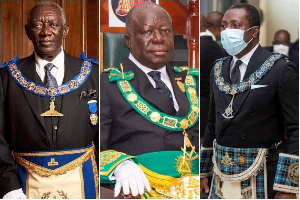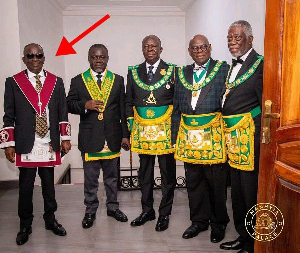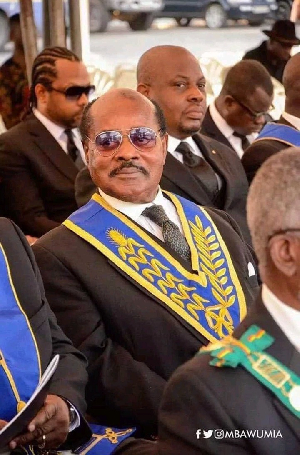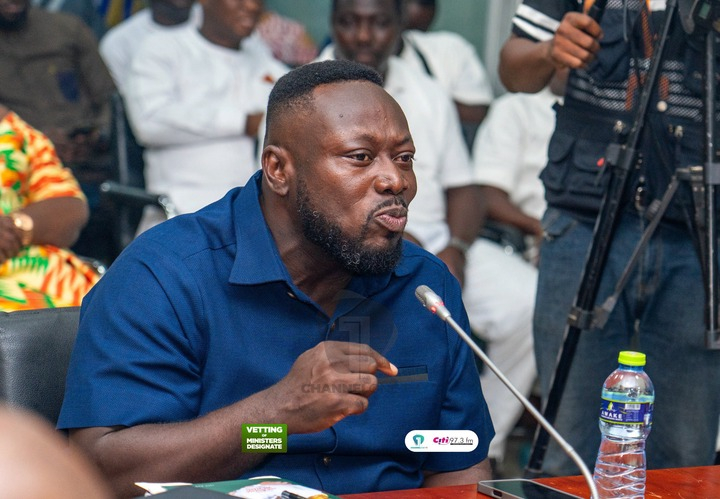
Freemasonry, which is frequently veiled in mystery and intrigue, has piqued the interest of many people around the world. This centuries-old fraternal society, noted for its secrecy and unusual rituals, has profound historical roots. In Ghana, a country rich in culture and tradition, renowned personalities from numerous fields have emerged, claiming affiliation with this elite society. From politics to business, Freemasonry has had a lasting impact on the country's leadership environment.

The late Dr. Kwame Nkrumah, Ghana's first President and a key figure in the independence fight, was one of the most prominent Ghanaians associated with Freemasonry. Nkrumah's political savvy and revolutionary views helped Ghana become the first African nation to achieve independence from colonial domination in 1957. As a Freemason, Nkrumah gained access to a network of important people who backed his objectives. His commitment to Pan-Africanism and socialism elevated him to prominence not only in Ghana but throughout the African continent, prompting conjecture about how his Masonic connections influenced his vision for an autonomous Africa.
Another notable individual was the late Professor John Atta Mills, who served as President from 2009 until his tragic death in 2012. Mills, a famous academic and politician, was widely admired for his integrity and devotion to democratic administration. Many have questioned his ties to Freemasonry, wondering if the organization's principles of brotherhood and moral rectitude influenced his political ideals. Mills' legacy continues to inspire, sparking debate regarding the effects of his Masonic affiliations on his administration.

The former Secretary-General of the United Nations, Kofi Annan, is also well-known in business. Although his relationship with Freemasonry is still unknown, Annan's worldwide reputation and diplomatic prowess have elevated him to a position of influence that transcends national lines. His leadership style and commitment to human rights are consistent with the Masonic values of fraternity, generosity, and service to humanity.
Furthermore, the current dynamics in Ghanaian society have produced a new generation of Freemasonry-affiliated leaders, including powerful businessmen and politicians. These modern-day Masons frequently engage in philanthropic activities, using their positions to promote community development and social welfare.
